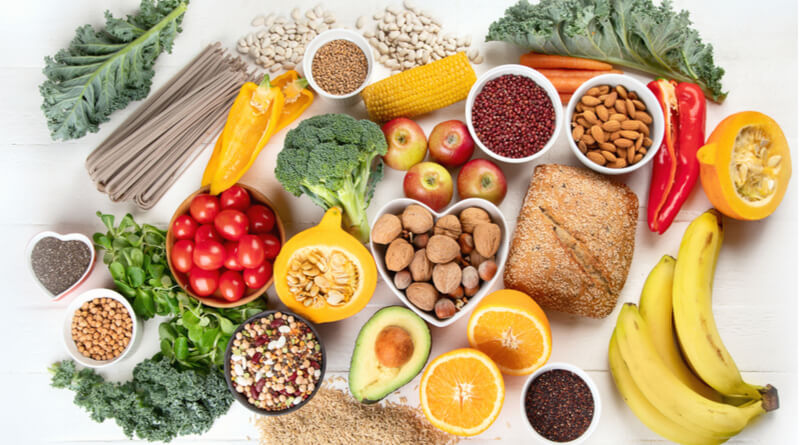One of the most important things for expecting mothers to pay attention to is their diet. Your diet directly determines the nutrients that your baby is receiving. The health of the mother is also heavily affected by their diet. Diet affects many aspects of a person’s pregnancy, including their comfort, stamina, and energy levels.
Most nutritionists recommend that expecting mothers eat six small meals every day in order to keep their blood sugar levels stabilized and keep their energy up. Those meals should include about 25 grams of dietary fiber in them combined. This will keep a lid on constipation and regulate an expecting mother’s blood pressure levels.
The types of Dietary Fiber
There are two main types of dietary fiber – soluble and insoluble fiber.
Soluble Fiber
Soluble fiber is the type of fiber that is capable of being partially dissolved in water. This fiber type will bind to fatty acids while keeping you feeling satiated. It will also release and absorb sugar at a slower pace which is good for regulating blood glucose levels.
Insoluble Fiber
Insoluble fiber is like its name states and does not dissolve in water. This fiber is responsible for moving bulk through your intestines – it helps to guarantee good bowel movements. Insoluble fiber also helps to regulate the intestines’ pH balance.
Soluble Fiber Foods
- Apples
- Beans
- Blueberries
- Dried peas
- Lentils
- Nuts and seeds
- Oatmeal or oat bran
- Pears
- Strawberries
Insoluble Fiber
- Whole wheat bread
- Barley
- Brown rice
- Carrots
- Celery
- Courgette
- Couscous
- Cucumbers
- Tomatoes
- Wheat bran
- Whole grain cereals
If you cannot get the fiber you need in your diet via these foods, then try asking your doctor to prescribe a dietary fiber supplement. Eating whole foods is best, but supplements can serve well if needed.








